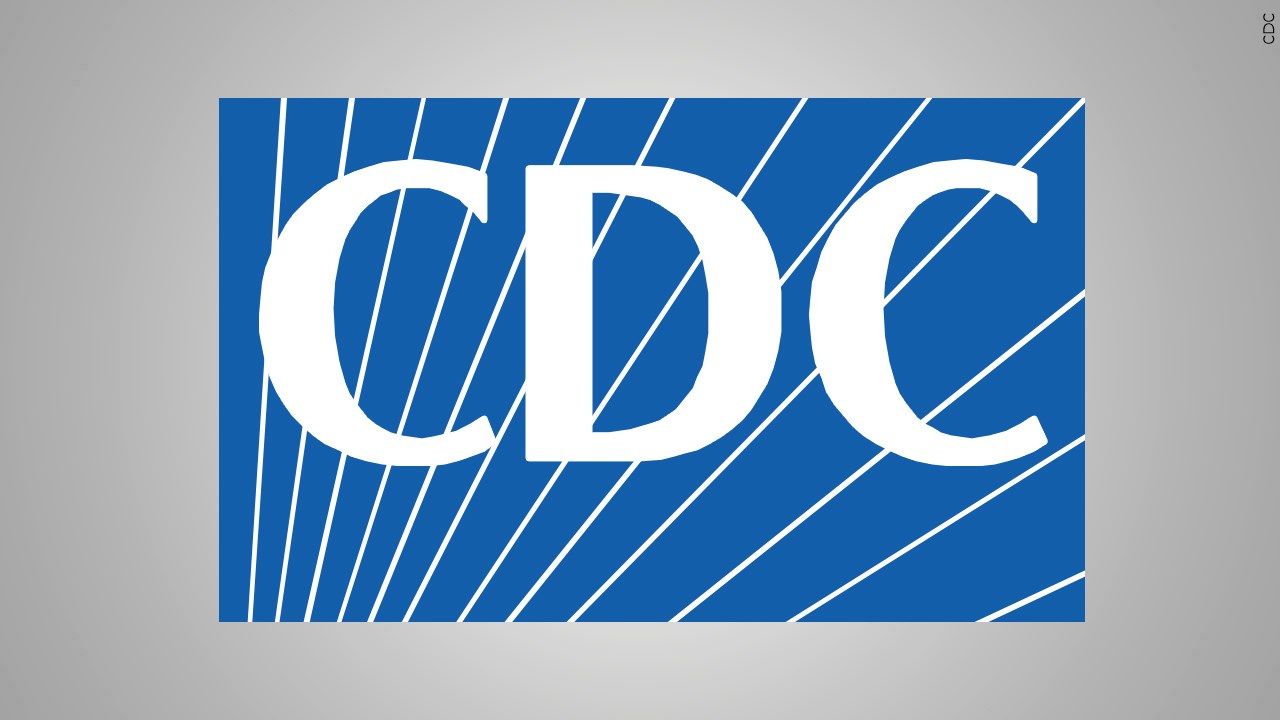CDC announces funding to support National Network for Outbreak Response and Disease Modeling

Credit: MGN
(ABC 6 News) – The Center for Disease Control will award $262.5 million in funding to establish the Outbreak Analytics and Disease Modeling Network (OADMN).
According to a press release from the CDC from Sept. 22, the OADMN will “support state and local decision-makers in developing new tools to detect, respond to and mitigate public health emergencies more effectively.”
The CDC will disperse funding to 13 different universities over the course of five years, among which is the University of Minnesota.
The grantees will each perform different tasks within the network—identifying gaps, needs and opportunities for outbreak analytics and disease modeling in the United States public health system; pilot and implement analytic technologies and applications for public health; and prepare for and respond to infectious disease threats.
In a previous statement on Sept. 19 2023, the CDC announced the University of Minnesota (in collaboration with the Minnesota Department of Health) will find possible approaches to outbreak scenarios at different levels.
According to the CDC, the network will also include “innovators from public, private and academic sectors” to support decision makers.
“The collaboration with our public health, private, and academic partners over the last year to advance the science of disease forecasting and deliver decision support to leaders has been instrumental in improving outbreak response,” said Dr. Dylan George, Director, Center for Forecasting and Outbreak Analytics. “Building upon that experience by establishing this national network will help us better respond to outbreaks and prevent pandemics in the future.”
Grantees will divide into three categories: innovators to develop methods, tools, technologies, and other products to support emergency response; integrators to take lessons learned and techniques from Innovators and test them in small-scale deployments; implementors to take tested best practices and scale up to larger jurisdictions and partners.
The University of Minnesota will fall under the “innovator” umbrella.